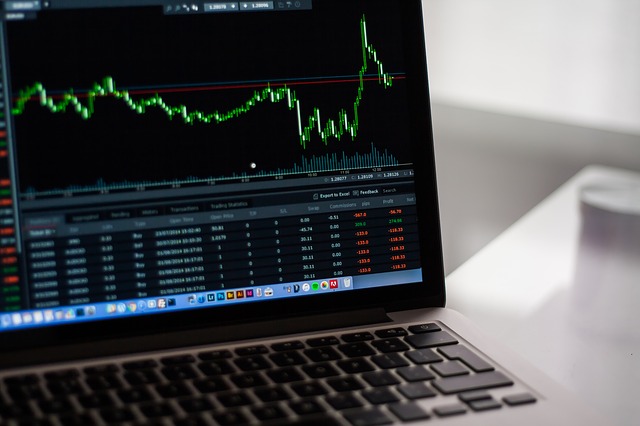How to Avoid Failures in Trading?
Image by StockSnap from Pixabay
Trading is a great way to earn money working from home. But it can be tricky, especially for rookie traders. We’ll give you 5 tips on how to avoid possible losses.
“A” Grade Trade
CFD trading, Forex,options… There are plenty of investment tools, strategies, and markets. Choosing the right ones can be confusing. Especially if you only begin your trading journey.
Our quick tips will teach how to avoid losses while trading. Read and memorize this cheat sheet to avoid the harsh punishment of losing money.
Broker
It all starts with the right brokerage firm. They should offer:
- Licence. Each broker is regulated by a certain body. For example, in the US, it’s up to SEC and NFA to keep them under control.
- Funds. A valid broker guarantees the ease of both depositing and withdrawing money.
- Tools. Check leverage amounts, commission, client support, analytical assistance, etc.
- Reputation. For how long has your broker been on the market? What do its clients have to say about it?
These tips seem obvious, but in reality, a lot of traders neglect to check the broker’s reliability.
Homework
You should know everything about the market that you enter. Learn how futures/Forex/stock work. What are stop/loss signals? Read about automating your trading, search for portfolios from experienced brokers and investors, etc.
A great way to get into trading first-hand is getting a demo account. It allows you to “invest” make-believe money in the real assets as their real prices keep changing: foreign currencies, gold, stock shares, cocoa beans, etc.
You can also look for a free app like Invetsmate that explains the theory of trading in a simple way, offering fun quizzes by the end of each lesson. Investopedia has a more profound database on the market intricacies.
No clutter
A common mistake that rookie traders make is pulling up a ton of plugins and analytical tools at the same time: volatility indicators, accumulation line, stochastic oscillator, etc.
In reality, your monitoring panel should be clear and easy to read. Avoid visual clutter — it impedes quick reaction and sabotages control.
Safety
It’s best that you stick to a stop-loss strategy. That means that you can set a “lost money” limit, after which your trading shuts down automatically.
Every trader deals with losses — it’s inevitable. Your goal is to minimize them, so your overall revenue always stays in the green. We recommend you also set a daily maximum loss limit based on your budget and apply trailing stops.
Leverage
If your trading has to include leverage — and it does in most cases — keep it under control. It’s especially true for the Forex market.
Avoid maximizing your position — if something goes wrong, you will dramatically boost your losses. Learn how leverage works. (In simple terms, it is borrowed money that you can add to your own to have a bigger profit).
No Loss, Big Boss
Follow our tips, do your investor’s homework and preserve your profit with the management techniques. This keeps losses at bay.

